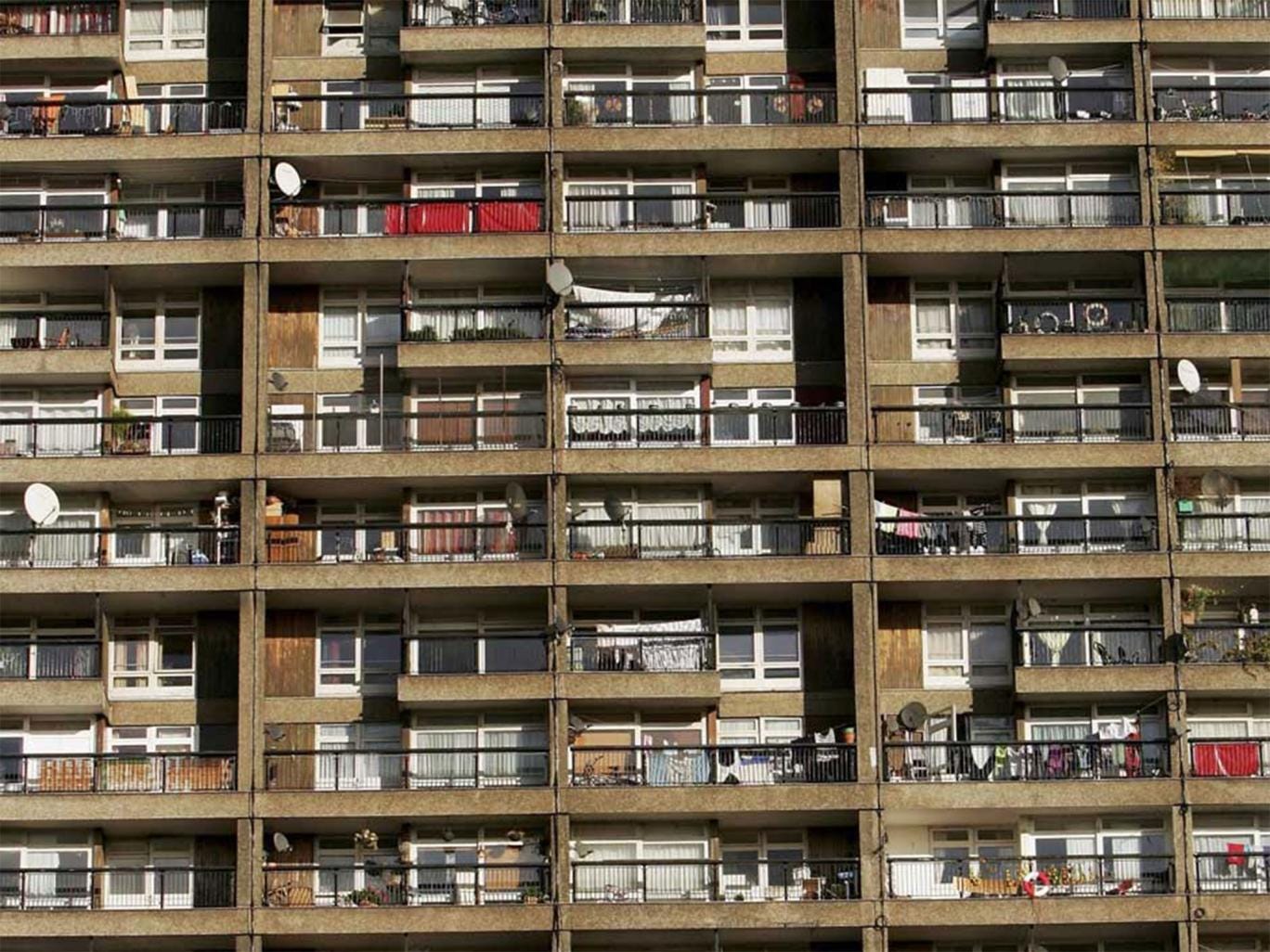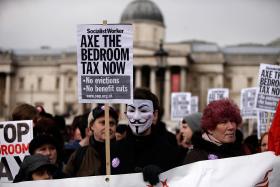The ruling follows a legal challenge by a domestic violence victim and the family of a disabled teenager
|

The Government’s so-called “Bedroom Tax” policy has been declared discriminatory and unlawful by the Court of Appeal.
Judges made the decision following a legal challenge against the Government by a domestic violence victim and the family of a disabled teenager.
The charge, which takes the form of a reduction in housing support for people with more than a certain number of bedrooms, was introduced in April 2013 to encourage people to move out of homes they are "under occupying".
It has since been criticised for causing poverty, disproportionally affecting the disabled, and hitting people who have nowhere suitable to move to.
The Department for Work and Pensions said it would appeal the decision in the Supreme Court – the UK’s highest and final appellate court.
One of the two successful appeals was brought by a woman identified as ‘A’ who had been a victim of domestic violence. Her home has been specially adapted to include a panic room.
Her lawyers claimed the policy discriminated against her because she would have to leave a room that had been adapted for her safety. Wheelchair users and disabled people have made similar claims.
The second successful appeal was brought by Paul and Susan Rutherford on behalf of their severely disabled grandson Warren.
Warren suffers from a rare genetic disorder and requires 24 hour care because he cannot walk, talk or feed himself.
The couple was hit by the bedroom tax because they have a room that is used for overnight carers and storing specialist medical equipment.
The court found the policy’s impact on disabled children was contrary to the European Convention on Human Rights.
Both appears were being considered by the Court of Appeal because they had been rejected by the High Court.
In pictures: Bedroom tax protests
Beth Grossman, head of policy at disability charity Scope, said the policy was inappropriate for people with disabilities and causing hardship for them.
“For the vast majority of disabled people these are not spare bedrooms, these are essential rooms," she said.
“Many people need a room for specialist equipment, or so that their disabled child can sleep separately from their siblings, or with a carer.
“We’ve spoken to disabled people who aren’t able to share a specially adapted bed with their partner, and have to sleep in a separate room. They’re being forced to move, or find the extra cash they don’t have to pay their rent.
“Life costs more if you are disabled. Scope research shows disabled people pay more for all kinds of everyday things – on average a premium of £550 per month. We should be looking at ways to bring costs down rather than ramping them up.”
Owen Smith MP, Labour’s Shadow Work and Pensions Secretary, said the party had long argued against the“cruel” policy.
“This victory in the Court of Appeal is a massive blow to the Tories’ Bedroom Tax. It provides a glimmer of hope for the hundreds of thousands of people who have been hit by this cruel policy,” he said.
READ MORE
- Almost 80% affected by bedroom tax 'run out of money'
- Bedroom tax 'hurting children’s sleep and their ability to learn’
- Grieving mother ordered to pay the bedroom tax after her son dies and
- David Cameron under pressure from Tory MPs to review controversial
- Labour would scrap the Bedroom Tax from day one of a Miliband
- General Election 2015: Tory minister admits bedroom tax is 'not an
“Labour has long argued that the Bedroom Tax is deeply unfair and discriminatory, which is why we have campaigned so hard against it. Surely the time has now come for the Tories to discover a conscience, listen to the courts as well as the public, and scrap the hated Bedroom Tax.”
A DWP spokesman said the people found to have been discriminated against were in receipt of discretionary housing payment – payment provided by councils to cancel out the effects of the “bedroom tax”.
“We are pleased that the court found – once again – that we have complied with the Public Sector Equality Duty,” the spokesperson said in a statement.
“We fundamentally disagree with the court’s ruling on the ECHR, which directly contradicts the High Court. We have already been granted permission to appeal to the Supreme Court.
“We know there will be people who need extra support. That is why we are giving local authorities over £870m in extra funding over the next five years to help ensure people in difficult situations like these don’t lose out.”


沒有留言:
張貼留言